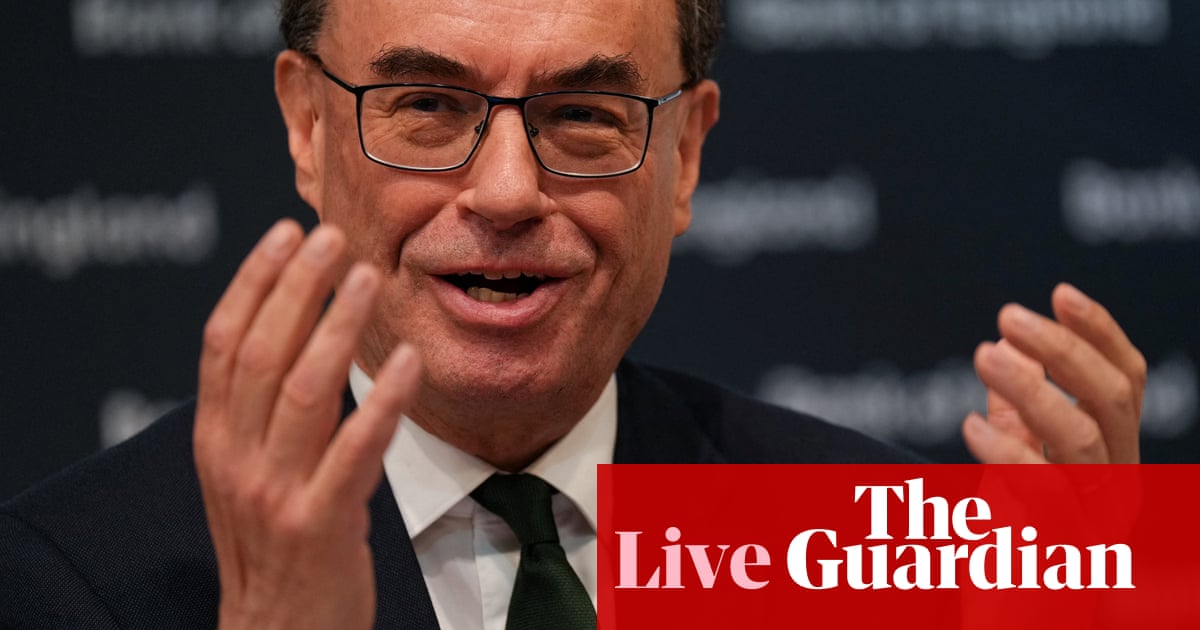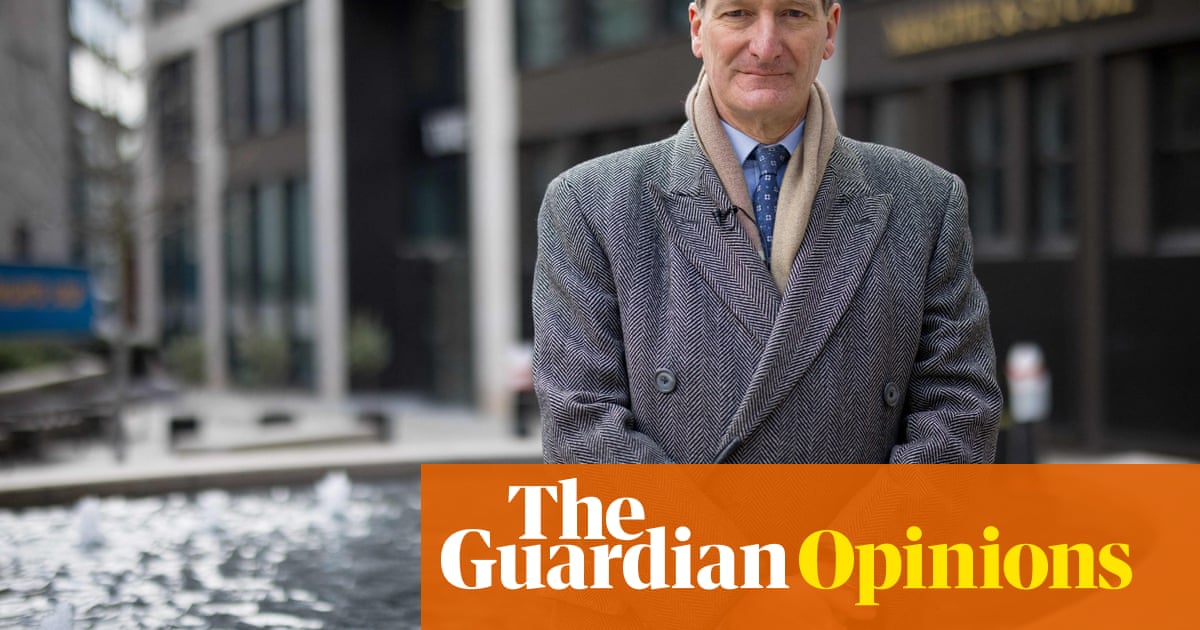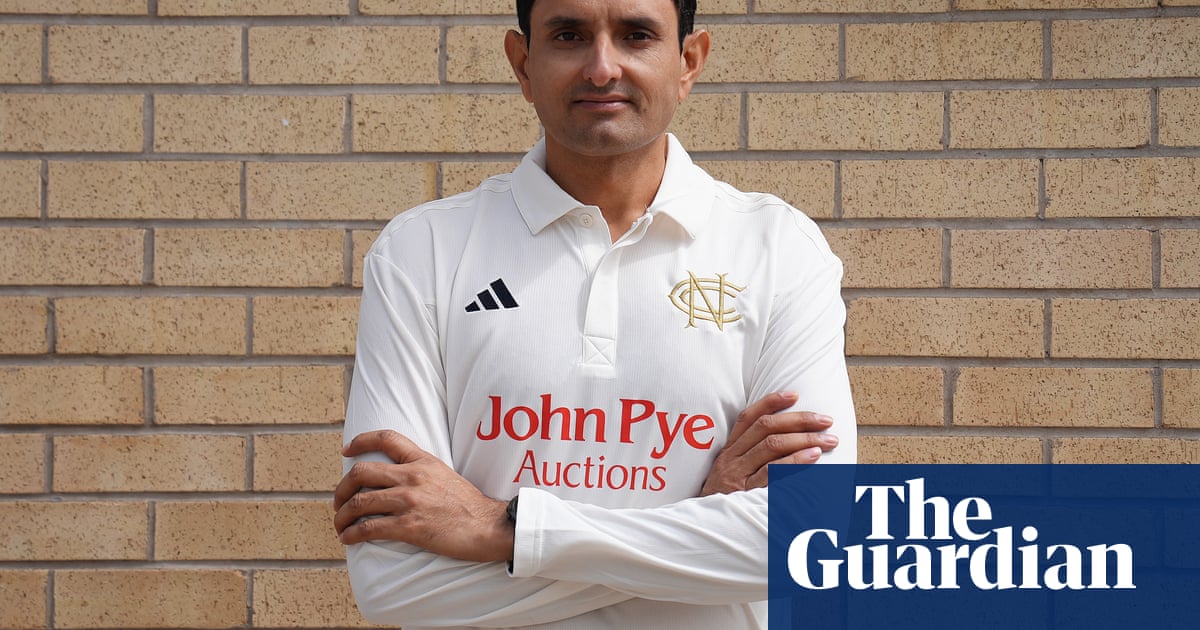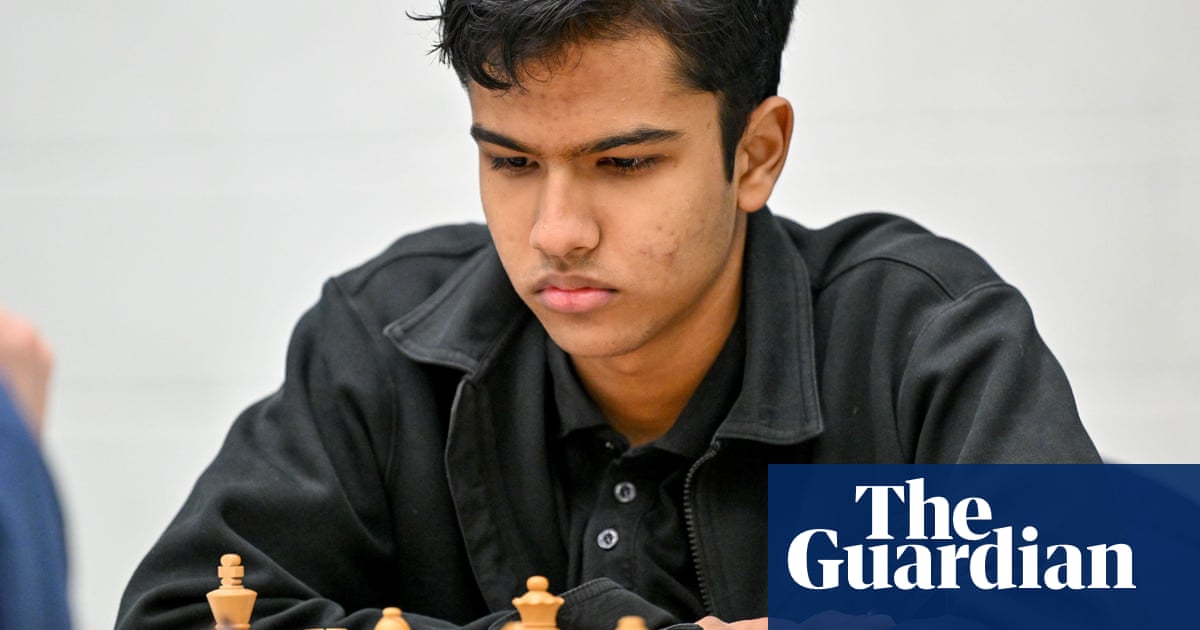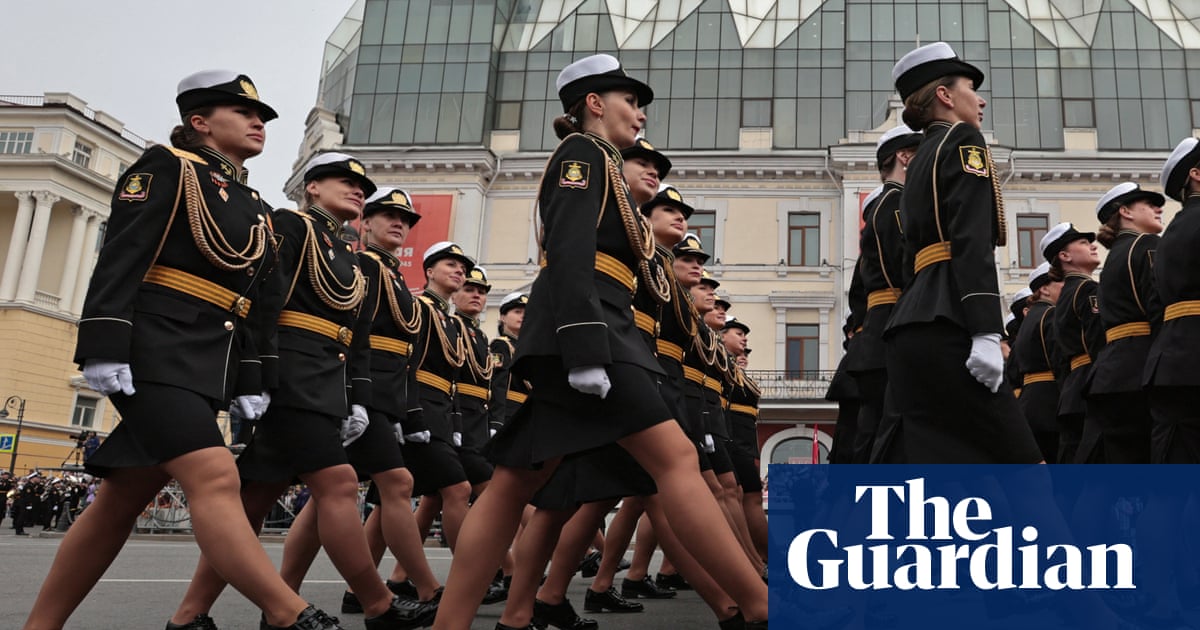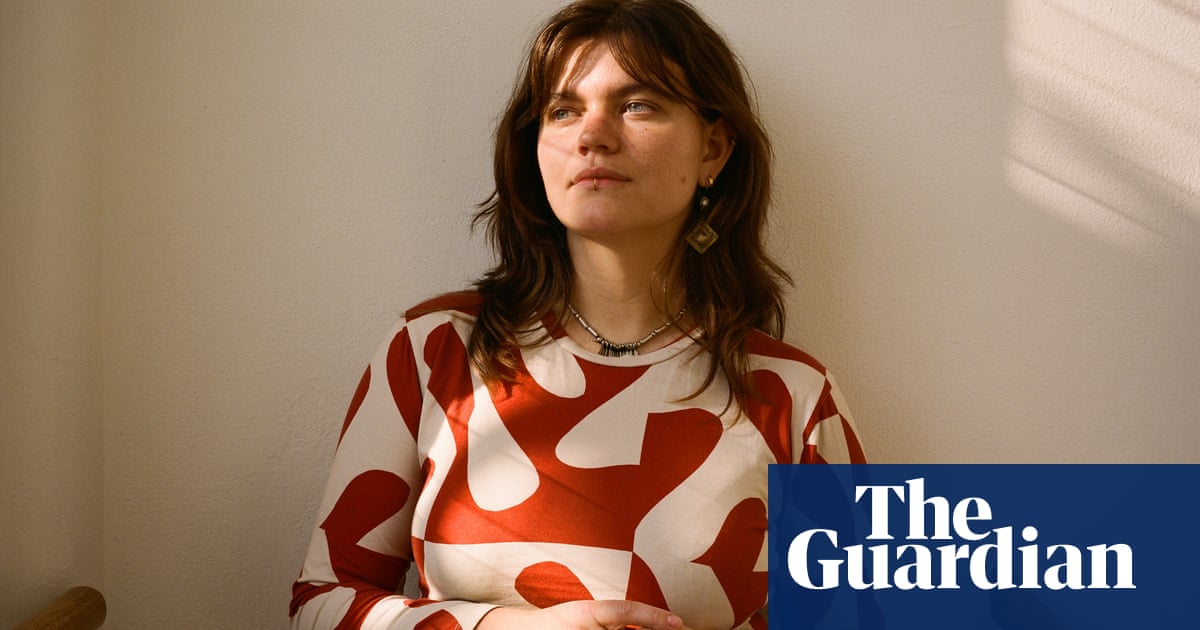In the summer of 2020, Belarus appeared to be on the cusp of an extraordinary democratic revolution. On the streets of Minsk and other cities, an unprecedented cross-section of civil society braved ferocious state violence to protest against a rigged presidential election. For the first time in decades, Alexander Lukashenko’s authoritarian grip on power appeared to be loosening. The opposition’s charismatic figurehead, Sviatlana Tsikhanouskaya, told the European parliament: “Belarus has woken up.”
The mass summer protests did indeed prove a turning point, but in the wrong direction. Amid fierce repression, mass detention, alleged torture and the forced exile of figures such as Ms Tsikhanouskaya, Mr Lukashenko stayed put. On Sunday, in a contest in which no genuine opposition candidate has been permitted to run, he will celebrate a seventh sham election victory after more than 30 years in power.
As the world has turned its attention to events in neighbouring Ukraine and then the Middle East, the civic movement which showed such courage and defiance five years ago has been enfeebled through systematic intimidation. More than 1,200 political prisoners remain behind bars, including Ales Bialiatski, the pro-democracy activist and Nobel laureate. A minority have been “forcibly disappeared”, without access to lawyers or family. Over 1,700 political charges were reportedly brought against individuals in 2024 alone.
“Fear has replaced hope,” as one exiled journalist wrote this week. In response to escalating western sanctions since 2020, Mr Lukashenko has turned Belarus into a virtual Russian protectorate. Despite popular anti-war sentiment, his regime has been complicit with Mr Putin’s invasion of Ukraine, and acquiesced in plans to deploy Russian tactical nuclear weapons on Belarusian soil. The economy is entirely dependent on financial subsidies from Moscow, and two-thirds of trade is done with Russia. The aggressive cultural absorption of Belarus into Mr Putin’s “Russian world” vision has also led to growing discrimination against ethnic and religious minorities, and the marginalisation of the Belarusian language in favour of Russian.
Bleak as the outlook undoubtedly is, the west must not abandon the battered and bruised pro-democracy movement to its fate. Given the regime’s dependence on Mr Putin, much will depend on the outcome of the war in Ukraine. But as Ms Tsikhanouskaya has stressed, Belarusian civil society remains active against the odds. International attention and concrete assistance remains vital to keeping alive the idea of an alternative to Mr Lukashenko’s thuggish rule.
Enhanced support for the exiled Belarus media should be seen as a priority, along with increased aid to human rights defenders and a renewed focus on the plight of detainees. Following the invasion of Ukraine, with Mr Lukashenko’s vassal regime viewed as a mere Russian adjunct, security preoccupations led to new restrictions on the rights of Belarusian citizens to travel to Europe. Tourism and educational visits could instead be promoted and expanded, as a means of retaining and deepening cultural connections into the future.
Mr Lukashenko will hail another hollow victory on Sunday. But as the recent example of Bashar al-Assad’s fall underlined, dictatorships tend to crumble suddenly and unexpectedly. In dismal times, the west must play its part in helping to ensure that Belarusian civil society can seize such a moment when and if it arrives.

.png) 3 months ago
43
3 months ago
43






